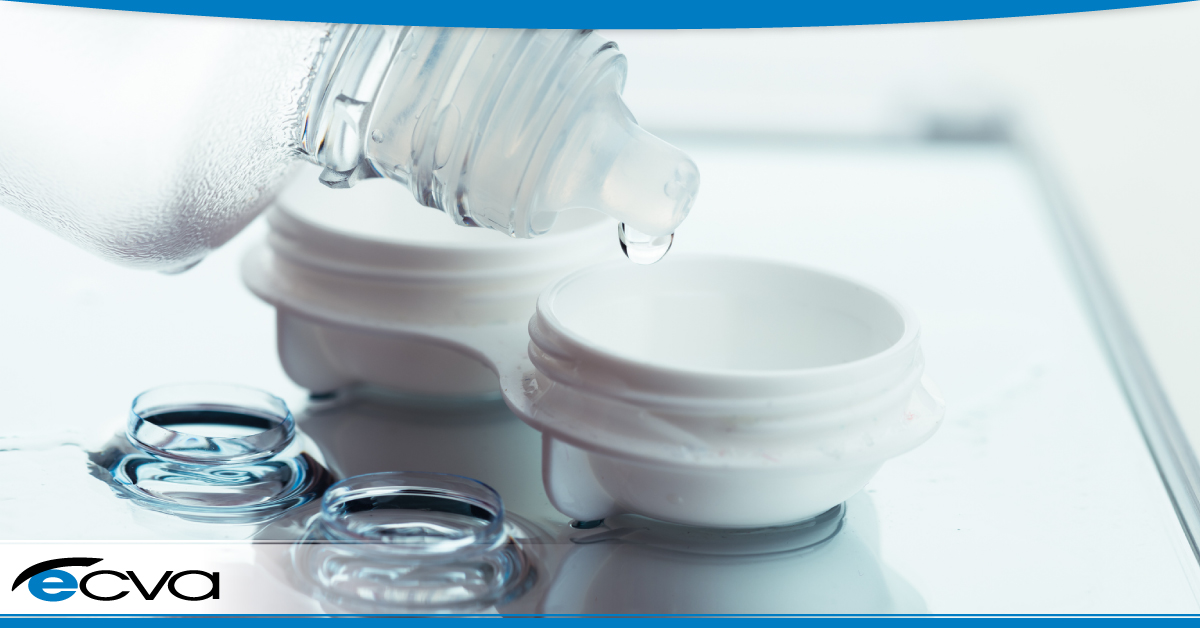Eye injuries can happen anywhere. Along with workplace risks, certain home-based activities can damage the eye, as well. Luckily, the majority of eye injuries are completely preventable, as long as you take steps to protect your vision. Here’s a look at five ways you can protect your vision by preventing eye injuries.
1. Wear Safety Glasses When Engaged in Risky Activities
Whether you are doing home repairs, working in an industrial role, or handling yard work, safety glasses are a must if you want to prevent eye injuries. If an activity can cause debris, dust, or objectives to fly around, safety glasses allow you to shield your eyes.
Ideally, you want to choose safety glasses that either wrap around your head or have side shields. Otherwise, a projectile might come in behind the lenses since there is nothing to block its path.
2. If You’re Near Chemicals, Put on Googles
Chemicals – including many household cleaners – can damage the eye if contact is made. Plus, even the fumes from certain substances can harm the eye, meaning direct contact through a splash, dust particles in the air, or accidentally touching the chemical and then your eye, isn’t necessary to hurt your eyes.
By wearing goggles that fully seal, you can ensure that chemicals don’t get into your eye. Essentially, you are putting a physical barrier between your eyes on the substance, reducing the chance that contact with the chemical or fumes will occur.
3. Put on a Face Shield When Cooking
Grease or oil in a hot pan can splatter, and small droplets can fly up into the air. If you are cooking and the oil or grease begins to pop out of the pan, protecting yourself with a face shield or goggles can make sure it doesn’t harm your eyes.
4. Use Protective Eyewear When Playing Sports
Nearly any sport could be a potential eye injury risk. Balls, pucks, rackets, bats, frisbees, and anything else that is swung, thrown, kicked, or otherwise sent hurling through the air is a possible threat. By wearing eyewear that is tested for sports use, you can make sure that you have the proper amount of protection.
5. Don’t Rely on Sunglasses to Save You from Eye Injuries
Many sunglasses aren’t designed to withstand strong impacts. As a result, wearing them can actually be dangerous during certain activities. For example, if you’re playing baseball and the lenses break when struck by a ball, the pieces of broken plastic might travel toward your eye. This could lead to a serious injury, causing more harm than if no glasses were worn at all.
Ultimately, the five tips above can help you protect your eyes and reduce your chances of injury. If your eye becomes injured or you simply haven’t had your vision checked recently, schedule an appointment at your nearest ECVA clinic. Our skilled team works diligently to manage your eye health, correct your vision, or treat eye injuries if they occur, ensuring your vision can be preserved or improved whenever possible.









